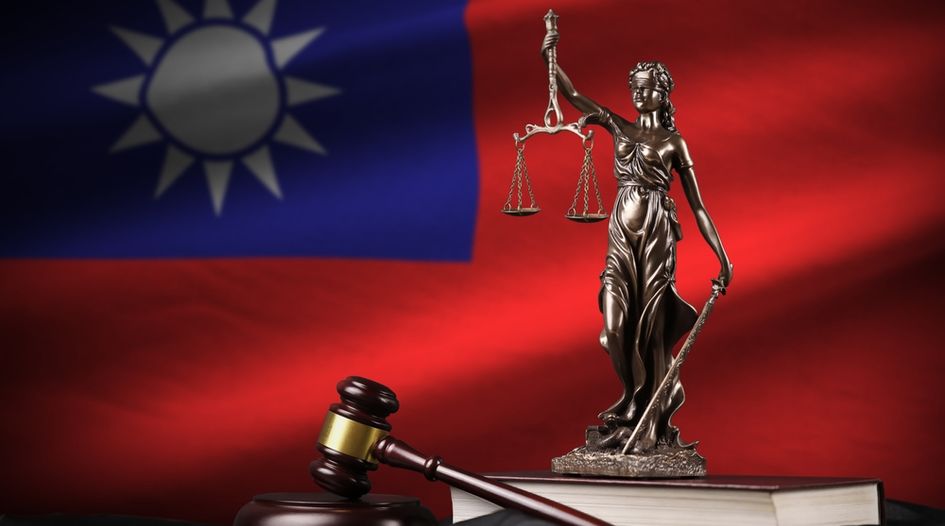Six key outcomes of Taiwan’s IP law overhaul

On 12 January 2023 the Legislative Yuan passed a bill to amend Taiwan’s Intellectual Property Case Adjudication Act. The Judicial Yuan introduced the legislation to strengthen trade secret protection and to establish a more professional, effective and internationally trendy IP litigation system. The amended act includes several major points.
Trade secret criminal case jurisdiction
In order to protect companies’ legitimate business rights and encourage and protect continuous innovation and R&D through a professional, appropriate and expeditious trial, the amended act stipulates that trade secret criminal cases (including civil damage cases) are to be subject to the jurisdiction of the Intellectual Property and Commercial Court as the court of first instance. Further, in parallel with the newly amended National Security Act, the amended act states that criminal cases involving infringement of national key technologies’ trade secrets are also to be subject to the jurisdiction of the second instance of the Intellectual Property and Commercial Court.
Certain types of cases will require compulsory representation
Unless a party or its legal representative is a qualified attorney, the party must appoint one as its legal representative in the proceedings. This applies to:
- civil cases involving patent rights;
- computer program copyright or trade secrets;
- appeals of a second instance court’s judgment; and
- rehearing proceedings.
Evidence and trial procedure for IP civil proceedings
For complex cases, the court should adopt a trial plan based on agreement from both parties to increase the possibility for them to anticipate the proceedings, in order to strengthen their right to participate.
Expansion of expert trial participation
The amended act has added relevant provisions for expanding expert participation in trials, including the introduction of the ‘investigation’ and ‘investigator’ system outlined under Japan’s Patent Act; the provisions concerning expert witnesses in the Commercial Case Adjudication Act will apply to IP civil proceedings, once necessary changes have been made. If necessary, the court may publicly solicit opinions or information from individuals, institutions or organisations other than the parties involved.
Patent and trademark remedy cases
In light of litigation process reforms for patent and trademark remedy cases from administrative litigation to civil litigation (seen in draft amendments to the Taiwan Patent Act and Taiwan Trademark Act), the amended act adopts certain rules and procedures related to these reforms. For lawsuits in which a party challenges rulings made by Taiwan Intellectual Property Office’s review board in inter parte proceedings, Taiwan’s IP office will no longer be named as a party of the proceedings. The lawsuit will be filed and defended between the patentee or trademark owner and the disputed party of said intellectual property. Neither the IP office nor the review board will be involved in the lawsuit proceedings.
Trial effectiveness
According to the amended act, the court may disclose all – or part – of the report’s contents prepared by the technical examination officer if it deems it necessary. The parties will be given an opportunity to express their opinions over said report before the court uses it as the basis for a ruling. The amended act has also reduced the plaintiff’s degree of proof in infringement proceedings involving patent rights and computer program copyright or trade secrets, and has imposed a duty on the defendant for submitting evidence and facts to support its defence.
The date that the new amendments becomes effective will be confirmed in an announcement from the Judicial Yuan.
Copyright © Law Business ResearchCompany Number: 03281866 VAT: GB 160 7529 10




